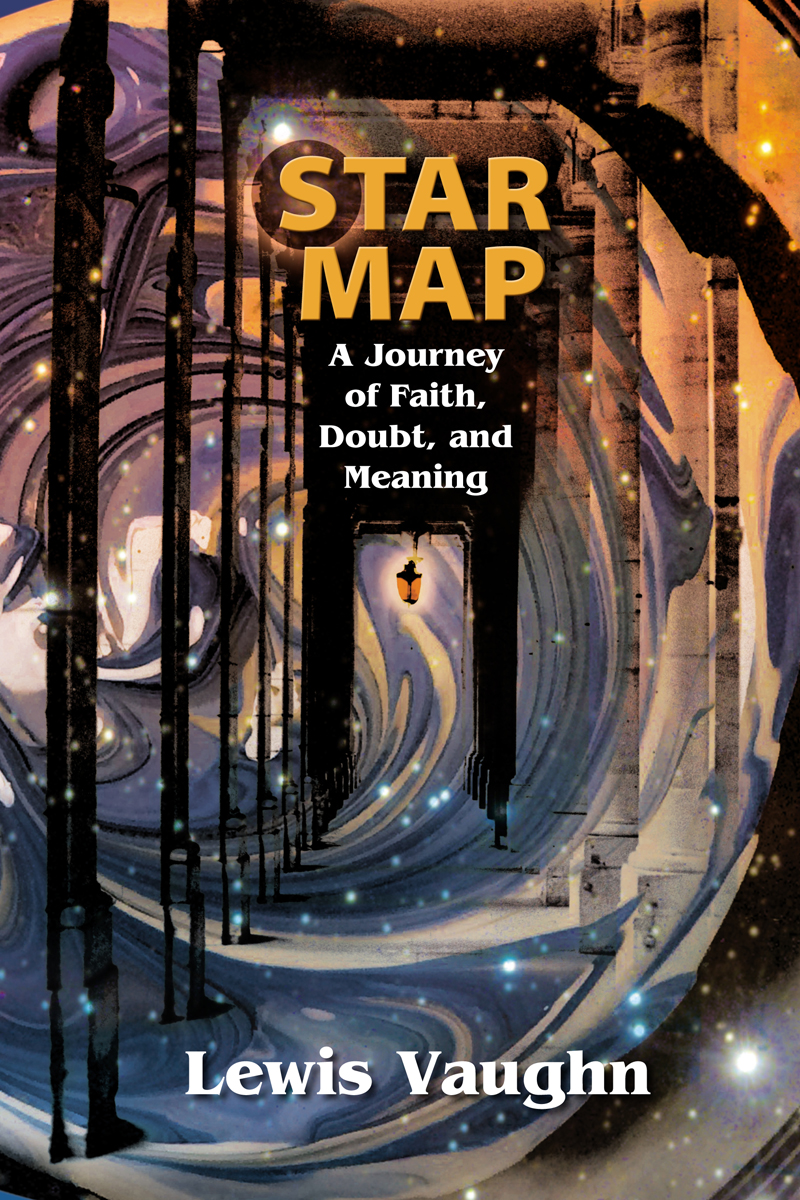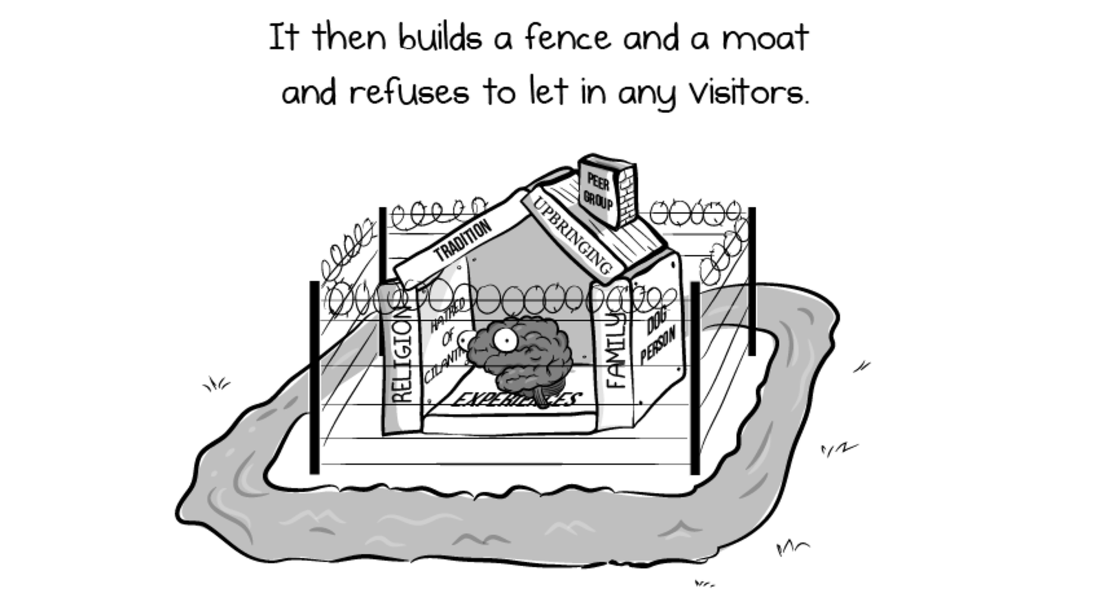Lewis Vaughn, an author and former executive editor of Free Inquiry magazine, was raised as a fundamentalist Christian. He eventually became a “disillusioned agnostic” before calling himself an atheist. It’s a journey many readers probably find familiar.
He’s just written a new memoir, Star Map: A Journey of Faith, Doubt, and Meaning (Freethought House, 2017), walking us through that process of deconversion.

In the excerpt below, Vaughn describes the fervency of his faith… only to be challenged by his stepfather Lee.
Fundamentalists in America have been defined as evangelicals who are angry about something. They hold fast to the core evangelical doctrines — the Bible’s inerrancy, salvation through Christ’s sacrificial death, and the mandate to evangelize the world — while fuming about modernism in theology and popular culture. Most fundamentalists are Baptists who stress the Second Coming of Christ and typically try to stay clear of churches that emit the foul smell of liberalism. The movement seems to have been originally a Northern phenomenon, but it eventually became strongest in the South. Fundamentalists like to think of themselves as a people apart, and in many ways they are exactly that.
In the 1960s, the decade of my most intense religious fervor, mainline churches accused fundamentalists of being too otherworldly — too focused on saving souls and experiencing Jesus and not devoted enough to the “social gospel” (charity and social reform). But fundamentalists kept the emphasis on salvation and spiritual feelings anyway. They were passionately opposed to nontraditional ideas about sexuality and family relationships — ideas that came largely from women’s liberation and gay rights. And they deplored the court decisions that allowed the teaching of evolution in public schools but banned prayer, Bible reading, and segregation. They saw these trends as undisguised serpents coiled around the neck, hissing lies into the ear and threatening venomous bites to the soul.
One day when I had been a Christian for just over a year Lee tried to rattle me by reminding me that God had been kicked out of public schools. “What do you think about the ban on prayer and Bible reading in school?”
“I think it stinks,” I said. “But the law can’t stop me from doing those things. In school I read my Bible and pray all the time.”
“You’re breaking the law. You wanna be a law-breaker?”
“That’s not what the law means. And even if it did, I wouldn’t care. I’d read and pray anyway.”
“You’re a religious nut, that’s what you are.”
“So?”
Fundamentalists heard about intellectuals who were debunking Christian beliefs, and they would have none of it. Biblical scholars had been examining the relevant evidence for at least a hundred years and concluding that the Scriptures contain historical, scientific, and textual errors. Fundamentalists were outraged. They rejected this kind of scholarship (usually without knowing anything about it) and all its modernist conclusions.
In the first years of my faith, I believed the Christian world was divided into a tiny handful of factions: the fundamentalists like me, the true Christians; the detested liberal churches; the idol-worshipping Catholics; and the nutty fringe consisting of faith healers, snake handlers, speakers of strange tongues, and foot washers. But from its beginning, Christianity — like other religions — has been fracturing into countless sectarian and doctrinal shards. Denominations and faith groups of the world’s religions number in the tens of thousands. A thousand Christian faith groups inhabit North America alone, and Baptists have divided into dozens of doctrinally distinct organizations and numerous congregations. Fundamentalists have had their share of disagreements among themselves, often taking a my-way-or-the-highway approach to doctrine and scripture.
When I first realized the extent of Christian diversity, I began to wonder what Jesus thought of the thousands of little pieces his religion had broken into. And that got me thinking about why each piece claims to be the one and only true faith. For my own peace of mind, I tried to put a stop to such thoughts.
Lee, of course, was happy to remind me. “Answer me this, preacher-boy: how come all the churches in the world preach different things, yet they all say they preach the gospel truth?”
“My church does preach the truth. All the other churches are wrong.”
Lee grinned and shook his head in exasperation. “Shit, Luke.”
Star Map is available today in paperback and on Kindle.




It’s Moving Day for the Friendly ..."
It’s Moving Day for the Friendly ..."
It’s Moving Day for the Friendly ..."
It’s Moving Day for the Friendly ..."